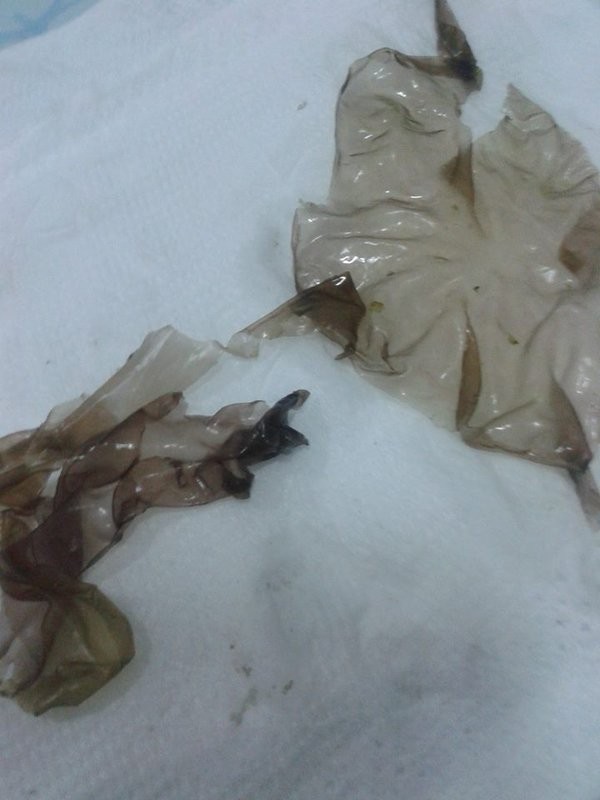Chinese consumers are paranoid over fake food news due to the repeated scandals on tainted food in the past. The spread of misinformation has recently hit the seaweed industry.
The incident happened to Zeng Huaqing, a dealer of seaweed for the past 17 years. He had seen the viral video showing that seaweed was made of plastic. The 10-second video was on WeChat and showed a person cooking seaweed and finding a thin black plastic in the bag.
After the viral video was viewed two million times on Weibo, the price of seaweed dropped by half in Jinjiang.
Zeng and many other seaweed producers are in Jinjiang. The province supplies 70 percent of the country's seaweed.
Zeng said, "How could people ever believe that seaweed could be made out of plastic?"
Zhu Ying, director of the journalism school at Guangdong University of Foreign Studies, said, "It's natural that whatever involves health and security will concern the public the most, but what makes China unique is that we have a lot of food security issues so food rumors spread quickly every time."
To respond to the fake news crisis, technology giant Alibaba wants to create a blockchain for monitoring legitimate food supply. The technology is already used by Alibaba.
The blockchain aims to create a global inventory of food supply chain and register all legitimate sellers of food. The technology will help consumers determine if the source is legitimate or not.
The technology will look like a giant global spreadsheet.
Maggie Zhou, managing director of Alibaba's Australia and New Zealand wing, said that the pilot for the blockchain will be Australia.
"Given Australia and New Zealand's exemplary regulatory environments, along with being home to some of the world's most successful food and beverage exporters, it was a natural decision to pilot the program here," she said.



























